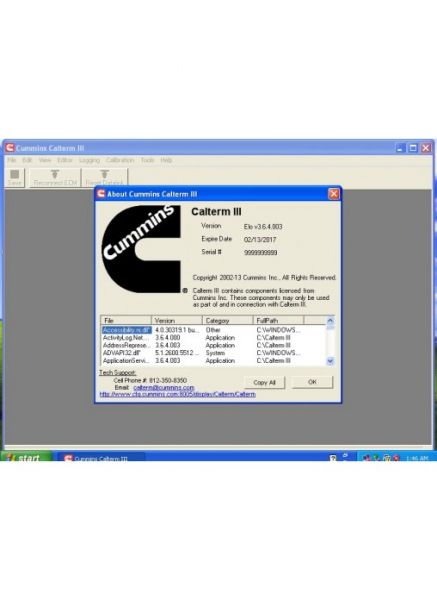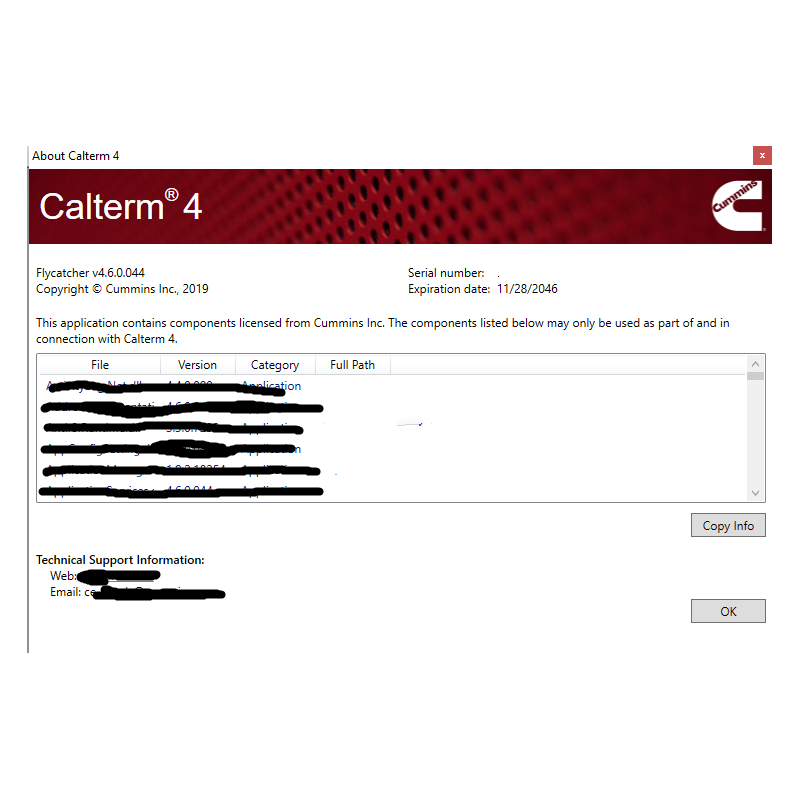


He was certainly modest - not only because God Himself proclaimed Moses “more humble than any other person” (Numbers 12:3), but also because when tapped to go lead the Children of Israel out of Egypt, the one who was born to the job demurred: “Who am I, that I should go to Pharaoh and that I should bring forth the Children of Israel out of Egypt?” (Exodus 3:11).īut lest you think that Moses was simply shy, or concerned that he would not be believed (and chapter 4 of Exodus suggests that both of those things are true), this humble holy man articulates his reluctance most eloquently: “I am not a man of words (“ Ani lo ish devarim”) for I am slow of speech, and of a slow tongue” (Exodus 4:10). He was reverent, for he hid his face from God, in fear(Exodus 3:6). He was honest, for when God called him, he answered directly, “Here I am” (Exodus 3:4). He was curious - for he turned aside to see the bush that was not consumed (Exodus 3:3). Which is fascinating, if you think about it, because Moses has long been known as a man of few words. Deuteronomy opens: “These are the words which Moses spoke to all Israel beyond the Jordan in the wilderness, in the Arabah, over against Suph, between Paran and Tophel, and Laban, and Hazeroth, and Di-zahab.” “ Eleh ha-devarim.” These are the words. Which brings us to the first verse of this book, the conversation and teaching that ends the Torah. And they need to know about the ethos and heritage that make them who they are.
CUMMINS CALTERM III KEYGEN IDM FREE
Those who were never slaves are about to become a free people in their own land, pending territorial conquest, of course.

In it, Moses teaches the “next generation” - the generation that knew not Egypt - of all that had befallen their immediate ancestors.įrom the Exodus that forged a people to the nitty-gritty details of the laws that create kedushah, holiness, as well as the details of all the encampments of the people along the way - on their journey to this point, standing at the Plains of Moab, on the cusp of taking their peoplehood to the proverbial next level. It’s a book of profound repetition - the first book of Jewish education, if you will. We begin at the end of the Torah, with the Book of Deuteronomy. That was their journey should we attach ours to theirs? And what of the Book of Numbers - all those years, the Children of Israel wandered in the wilderness. Or the Book of Leviticus - a challenging book, to be sure, but its focus on sanctity might encourage piety (and perhaps some Torah learning) in a way that no other book quite does. It too seems like a good place to begin an endeavor that you hope will speak to that same nation. The Jewish people find their foundation in the Book of Exodus - in the experience of slavery and the redemption from it, God’s Chosen People became a nation. A very good place to start would be at the beginning, with the Book of Genesis, which opens with the creation of the world - and the beginning of all things. The end of the Torah is a funny place to start. Calterm III 3.6 + MetaFiles allows diagnosing electronic engine Cummins, as the diagnostic Calterm III is designed to improve the performance of all electronic engineers design features of the engine, thus, the tool helps to diagnose, design, manipulation of electronic control modules (ECM). Online Degrees| Sponsored Links You Could Earn an Advanced Degree Without Taking the. 8 true crime podcasts you should sink your teeth into that aren't Serial.

Garda probe after memorial to Mayo murder victim vandalised. Cummins Calterm Cummins Calterm III 3.8 Description Calterm III is an engineering development tool used to monitor Electronic Control Modules for Cummins engine systems and to alter the calibration data contained therein.Calterm III is designed to modify fueling calibration parameters and feature settings in an engineering development and test environment.ģ.


 0 kommentar(er)
0 kommentar(er)
